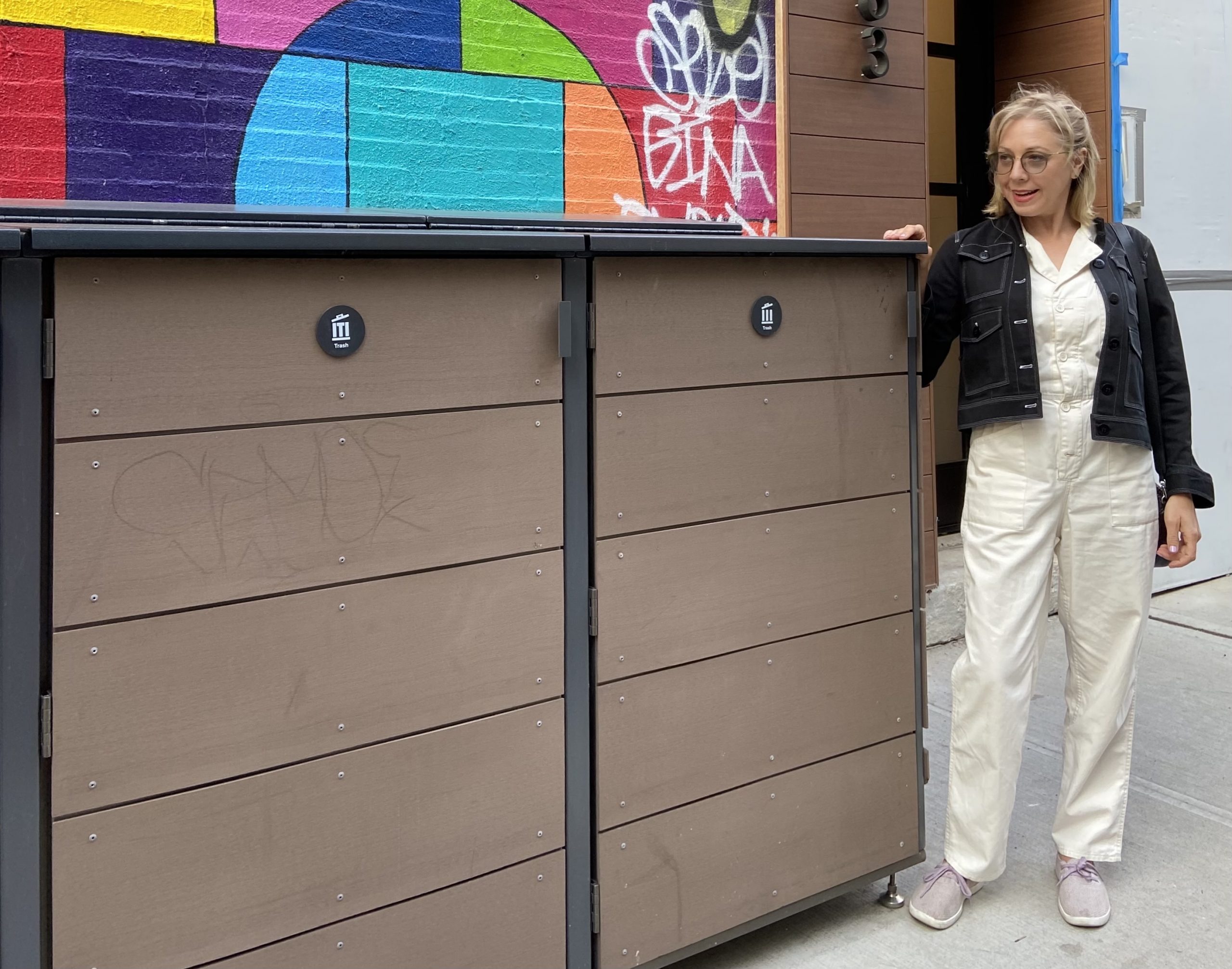The Temptation of Growth

It’s easy to get excited thinking about geographic expansion. But for Citibin, at least for now, there’s no place like home.
By Liz Reisch Picarazzi
Since my last column I’ve ruled out the Costco path, and I’m exploring ways to scale my business by continuing to sell directly to consumers. We could expand geographically and into new industries such as government contracting and higher education. We could improve the website and SEO to attract more visitors. We could add salespeople. We could spend more on pay-per-click advertising.
If I expand geographically, the obvious question is, to which cities? A distinctive feature of my trash enclosures is that they are rat-proof, so one approach is to target cities that have the worst rat problems. As it happens, that information is published in Orkin’s yearly “America’s Rattiest Cities” list.
I sketched out a growth plan for Citibin to expand to 10 of the cities on the Orkin list. The marketing would be fun and replicable, showing how even NYC #PizzaRats couldn’t break into our trash enclosures. To bring it to life, I worked with a designer on a clever, eye-catching postcard, and created a budget to mail them to targeted populations in each city.
In my last conversation with Carey Smith, he conveyed to me, in no uncertain terms, that any small business worth its salt should have a growth plan. So…I created one, and scheduled another Zoom call to walk him through it. Carey is the founder of Big Ass Fans and sold his business in 2017 for $500 million. Clearly he knows how to scale a business.
In the meeting I presented how I selected the cities, the marketing creative for the “rat campaign,” and my ideas for getting local media in each market. Just as I was going to launch into a discussion about how squirrels and raccoons fit into the picture, Carey interrupted and said, “Liz, Liz…you’re trying to launch from the runway but haven’t left the driveway yet.”
As in our previous conversation, Carey redirected the discussion to readiness and fulfillment. What if the marketing works and people can’t buy because we’re out of inventory? What if we sell a lot in Chicago and have no one to install them? Is our warehouse ready to fulfill?
Citibin may not be ready yet for a runway, but we left the driveway years ago. We have been designing, manufacturing, installing, and shipping prefabricated trash enclosures for five years. But Carey’s point is well taken that fulfillment is more complex outside of New York City.
To expand to other cities, I would need to hire a marketing team, which up to now has been me and a portion of my operations manager. Part of the marketing team would focus on local public relations in the expansion cities — telling the story about how Citibin is beautifying New York City, one trash can at a time. Part of the marketing team would run local campaigns through direct mail, Nextdoor, and pay-per-click advertising.
A deliberate expansion effort would also require local installers for customers who aren’t handy. That’s a challenge that doesn’t intimidate me, because I founded and ran a handyman business in which I interviewed, hired, and fired hundreds of handymen. I know all too well how home services can go wrong, and found that the best handymen have an equal blend of technical and soft skills. Citibin could identify and certify installers in the major cities, and potentially even commission them for selling Citibin into their client base.
At this point, 84 percent of my business is in the New York City area. The use case for trash enclosures will probably always be strongest here, where we don’t have garages and driveways, so trash sits in front of even the loveliest Manhattan townhouses. For us, the good news is that the product markets itself; passers-by can see our enclosures and get FOMO about how their neighbors handle their trash.
Carey pointed out that New York City is probably the most attractive market in the world for Citibin. It’s the easiest for us to sell to and for us to install in, and yet even here, we’ve barely gotten started. With very little marketing, we’ve expanded to the Hamptons and other wealthy suburbs, but we’ve never done a marketing and PR blitz in New York, so why would we do them in Chicago first?
There is a presumption that business growth means geographic expansion. That overlooks the potential of the market you’re in, which for us remains fertile ground that may just need to be tilled before we get ahead of ourselves.
Liz Reisch Picarazzi, CEO of Citibin, writes regularly about her entrepreneurial journey.